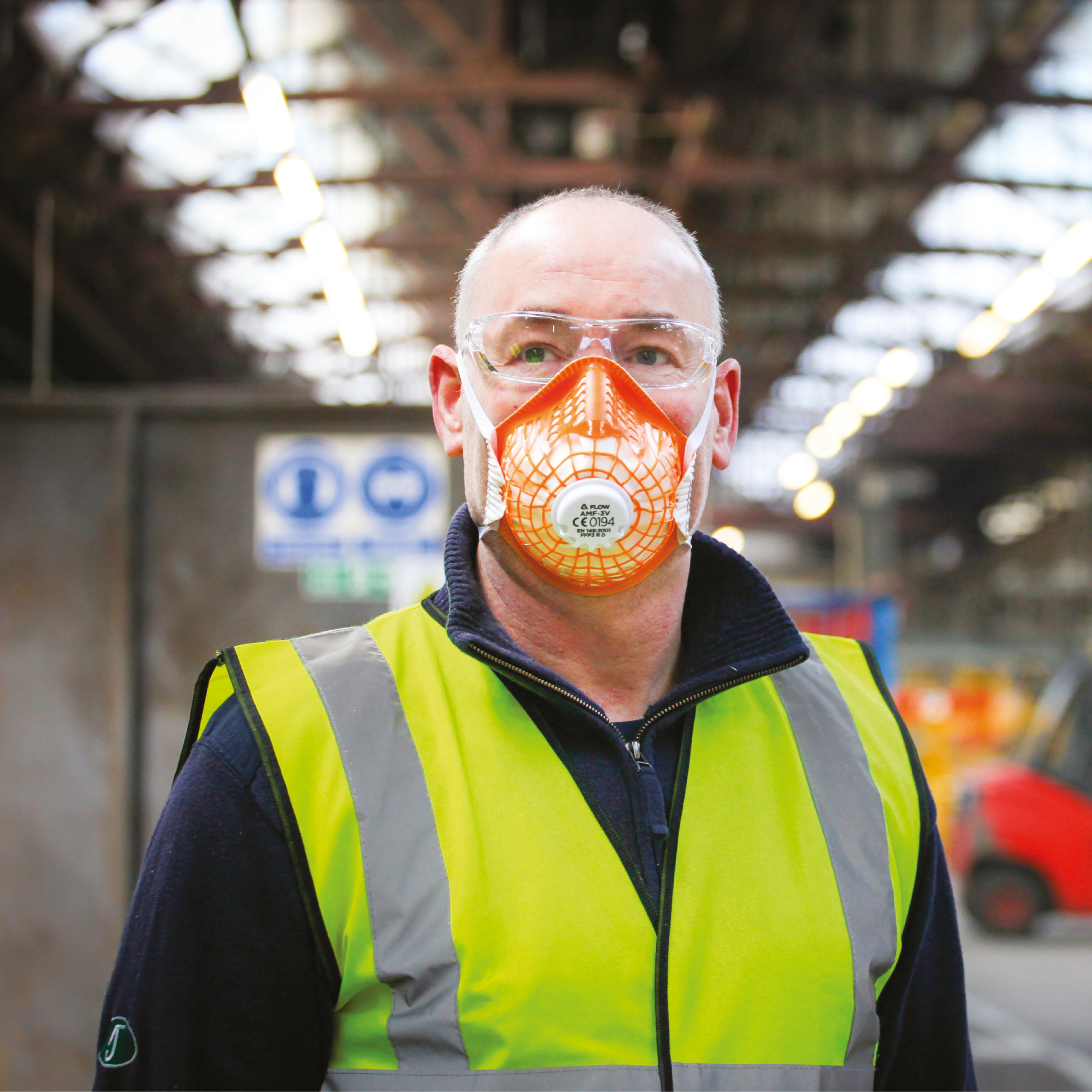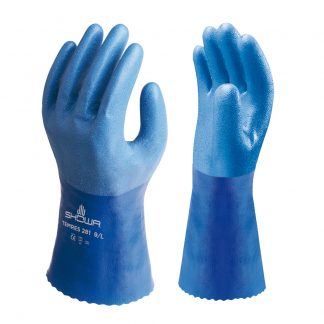
With the removal of plan B government restrictions on January 27th, the requirements for masks in school classrooms and public transport are no more. The Omicron variant wave of covid 19 seems to be on its way out, aligning with the government’s decision to lift restrictions directing the UK back towards a more ‘normal’ way of life. Masks have played a vital role in preventing the spread of multiple covid variants during the pandemic. They have also become a staple item in the lead up to a more social normality. With a decision as tom remove their required presence, it’s important to assess the risks for yourself before leaving the house.
Continuing to wear masks after Covid
The current government advice is that mask wearing is to be ‘encouraged’ during this tentative period moving out of the pandemic. This message can be interpreted in many ways with the specific locations and situations to be extra ‘cautious’ often left unclear. The scientific evidence prominent in the media states that mask wearing is one of, if not the most effective barrier to the covid 19 spread and can be used by anyone to reduce the risk of catching the viral disease. Due to vaccinations, the disease may have less brutal effects than past breakouts, however public places will always be a hotspot for transmission and enclosed spaces such as shopping centres and public transport being some of the most common.
The elderly and individuals with weakened immune systems are much more at risk than the younger, healthier people. The way covid has evolved over time has created an environment where a large amount of the population feel less severe symptoms from the virus, prompting the reduction in restrictions but discounting a large amount of the vulnerable population. Masks are a way of allowing such people to commit to daily life with low risk and better protection, raising the question: ‘should we wear masks for ourselves or to protect others?’
Will we ever see masks again?
Masks have been, and will continue to be, vital for protecting lives in and around the NHS and the healthcare industry. Protecting the protectors in NHS staff, has been the constant goal and livelihood of PPE manufacturers throughout the UK during this pandemic, and will definitely continue in the wake of it. In a University of Cambridge study it was concluded:
“Before the face masks were upgraded, the majority of infections among healthcare workers on the COVID-19 wards were likely due to direct exposure to patients with COVID-19.
“Once FFP3 respirators were introduced, the number of cases attributed to exposure on COVID-19 wards dropped dramatically – in fact, our model suggests that FFP3 respirators may have cut ward-based infection to zero.”
The protection offered by an FFP3 mask (considerably more than a regular type IIR) will continue to be harnessed throughout the future of medical procedures and in the long run, will make hospitals safer than they’ve ever been. With Innovative technology such as the Haika HX-C3 transparent FFP3 facemask, a product of Globus group, the way masks are used in high-risk areas have changed for the better.
Similar to Covid 19, masks will not just ‘go away’ and as the UK population have to learn to live with Covid, use of masks will become just as much of a regularity. No matter if this is the last wave of covid we will see, with mask wearing being so important to safety for such a massive period of time, it’s likely they will continue to stay integrated into daily life.









